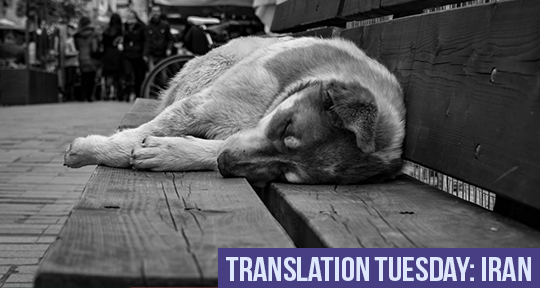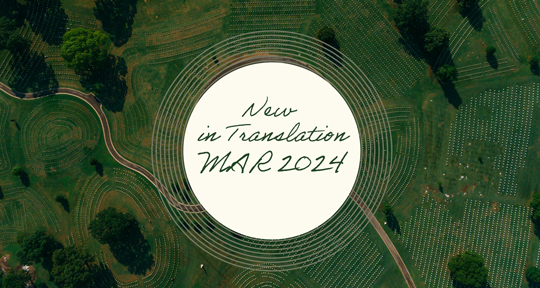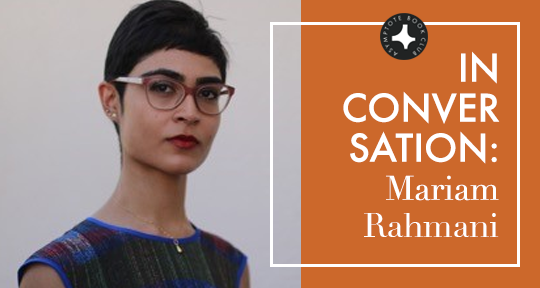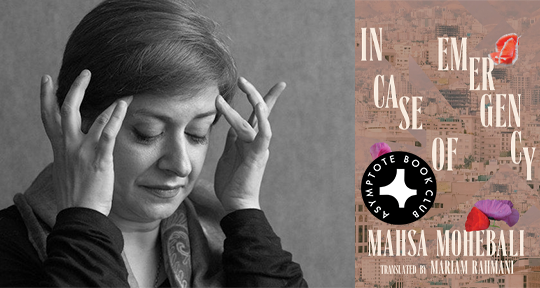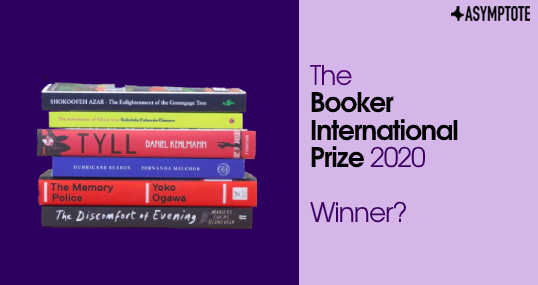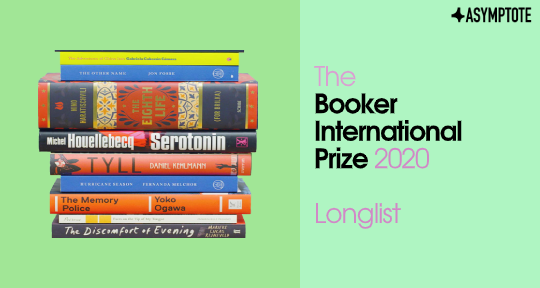One person’s suffering is, very often, someone else’s joke. Pat, the dog at the center of this week’s Translation Tuesday, has never spoken with a human being, but he understands this well. Following an accident that separates him from his owner, Pat’s life is reduced to a pathetic spectacle in Varameen square, begging for scraps of food from a crowd of shopkeepers and street vendors who think it good luck to beat him often, their enthusiastic cruelty only escalating as Pat’s body and mind deteriorate. What follows is, at once, a powerful meditation on the suffering of non-human animals and an indictment of human cruelty in the face of nature’s capriciousness. Written in blunt, sensuous prose by Sadegh Hedayat and elegantly translated by Manoo Mofidi, “Stray Dog” is sure to haunt and alarm. Read on.
A few small stores—a bakery; a butcher shop; an apothecary; a coffee shop; and a barber shop, all of which there to halt hunger and provide life’s basic daily needs—formed Varameen Square. The Square and its people, under the brutal sun, half-burned, half-naked, longed for dusk’s first breeze and the evening shade. The people, the shops, the trees, the animals were all lethargic. The hot air weighed heavy, and a soft dust haze undulated in the cerulean sky, with the car traffic adding to its density.
On one side of the Square stood an ancient sycamore tree, trunk hollowed, bark frayed, but which, with ever more stubbornness, had stretched out its crooked and sickly branches. A wide platform had been set up under the shade of the dusty leaves of the tree, where a couple of kids were selling rice pudding and pumpkin seeds, lyrically beckoning passersby. A thick, muddy water toiled its way through the brook in front of the coffee house.
The only structure that stood out was the famous tower of Varameen, half of whose cracked cylindrical body could be seen with a cone on top. The sparrows nesting in the crevices of its fallen bricks were napping, having been silenced by the heat. Only the intermittent cries of an approaching dog broke the quiet.

